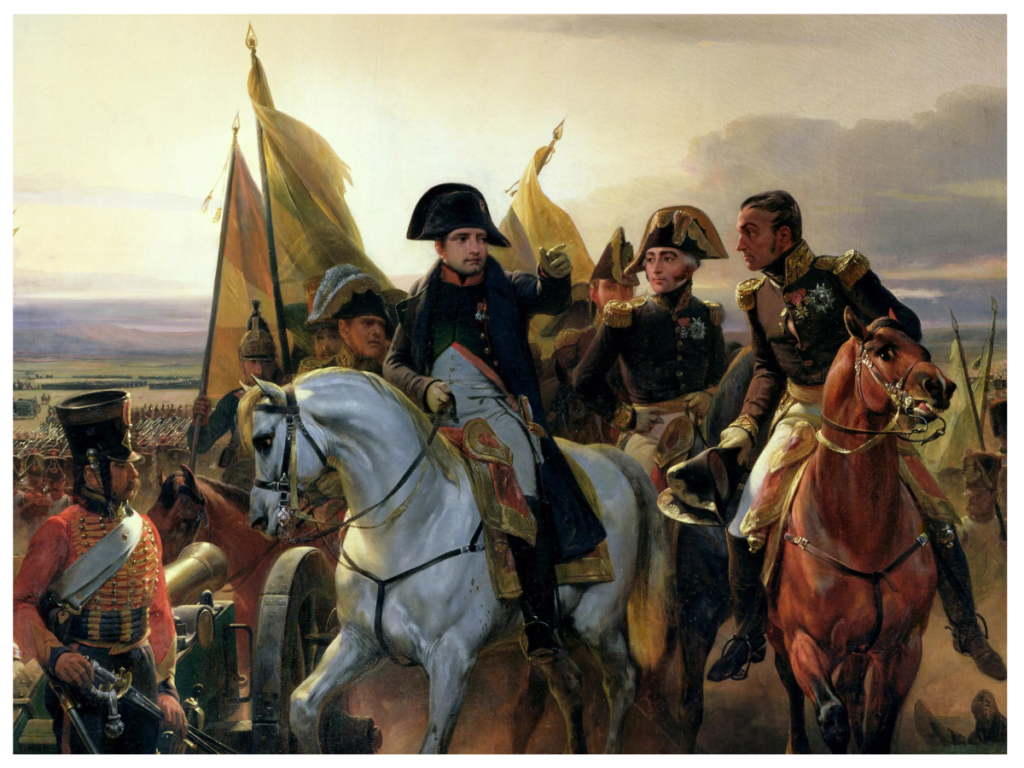Napoleon Bonaparte: portrayal of a great warrior in cinema

Since Napoleon Bonaparte’s death in 1821, more than 60,000 books have been written about his life and works. His designs have also attracted cinema time and again.
The Lumière brothers made a short film on Napoleon in 1897, and he played Napoleon in the best-known British film, “The Battle of Waterloo” (1913). The standard image of Napoleon was established by that time: squat frame, horizontal hat, hands behind his back. Since then, more than 100 incarnations of Napoleon have been seen on screen.
Ridley Scott’s latest chart tome depicts a lowly artillery officer who becomes Emperor of France. All of Scott’s usual components are in place: careful world-building, internal battle scenes, and a devil-may-care attitude toward historical accuracy.
The 1927 “monumental Napoleon,” directed by the great Abel Gance, achieved legendary status in France. Gans initially planned to make six films focusing on a particular part of Napoleon’s life, but ultimately focused on Napoleon’s rise to power and his victorious campaign in Italy. A seven-hour restoration of the original film, to be released in 2024, is being partially funded by Netflix.
Napoleon is often portrayed in cinema as a comical character fishing out of water – one of the most memorable moments in Bill and Ted’s Excellent Adventure (1989) was Napoleon hanging out in a bowling alley and eating ice cream. . Long-standing myths are often played for laughs.
In the new film, Ridley Scott focuses on a sensitive aspect of Napoleon’s life, capturing Napoleon’s untouchable looks, unique thoughtfulness and casting a highly trained and entirely new actor to play his warrior role. Is.
Through this film, we will see Napoleon Bonaparte in the very dimensions of his reality – his courage, his way of thinking, and his strong will.
Directed by Ridley Scott, “Napoleon” gives audiences the opportunity to connect with Napoleon from a new perspective while sharing personal and social messages, allowing them to create a new immediate connection with the great warrior.
Ultimately, “Napoleon” has perfectly portrayed the uniqueness of an inspiring warrior through cinema, conveying to the audience the message of excellence, courage, and inspiration to inspire.
Napoleon Bonaparte: Portrayal of a Great Warrior in Cinema 60000 books have been written
